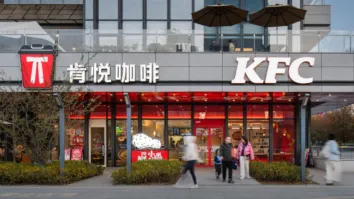
Will private equity reshape franchising in SEA?
A new report forecasts more “cross-border” franchising in the region.
Given its ease in operating across markets, more private equity (PE) firms are expected to be more involved in Southeast Asia, looking to acquire attractive franchising concepts that could be on offer starting this year until 2020.
In Rabobank’s latest report, it noted that there were “very active” PE investments in foodservice in the region between 2012 and 2016 – including investments made as local franchisees of international brands but notice a shift afterwards.
“Since 2016, PE money has flowed to other sectors, especially [those that are] technology-related. With investments made in prior to 2015 reaching typical PE-exit timelines, selected foodservice franchises could be on offer in 2019 and 2020,” the group said in its report.
This could be an opportunity for companies who are already operating through a cross-border approach, which Rabobank says is growing worldwide. In Asia Pacific, notable players include Jubilant Foodworks, Minor International, and Affinity Capital Partners.
In operating through a cross-border approach, Rabobank says operators can leverage experience, systems and processes across countries in a region, and even across regions.
“For instance, the Burger King franchise in South Korea was taken up by Affinity Capital Partners in 2016, who followed up by taking up the franchise in Japan in 2017. Burger King also shares the same PE owner for its franchise in India and Indonesia,” the group explains.
‘A more equitable balance of power’
But as PE involvement in franchisees grow, franchisors are advised to expect a more medium-term focus in sync with PE exit timeframes of five to seven years, instead of 10-20 year franchising agreements.
“Furthermore, PE involvement would mean a more equitable balance of power between the franchisor and PE-owned franchisee with significant financial muscle,” Rabobank says.
(Click here to get the full report from Rabobank.)





















